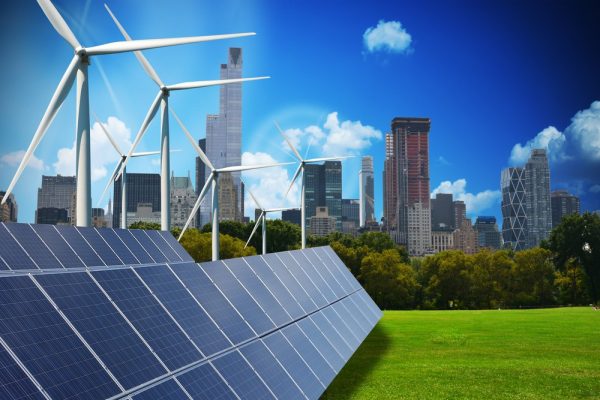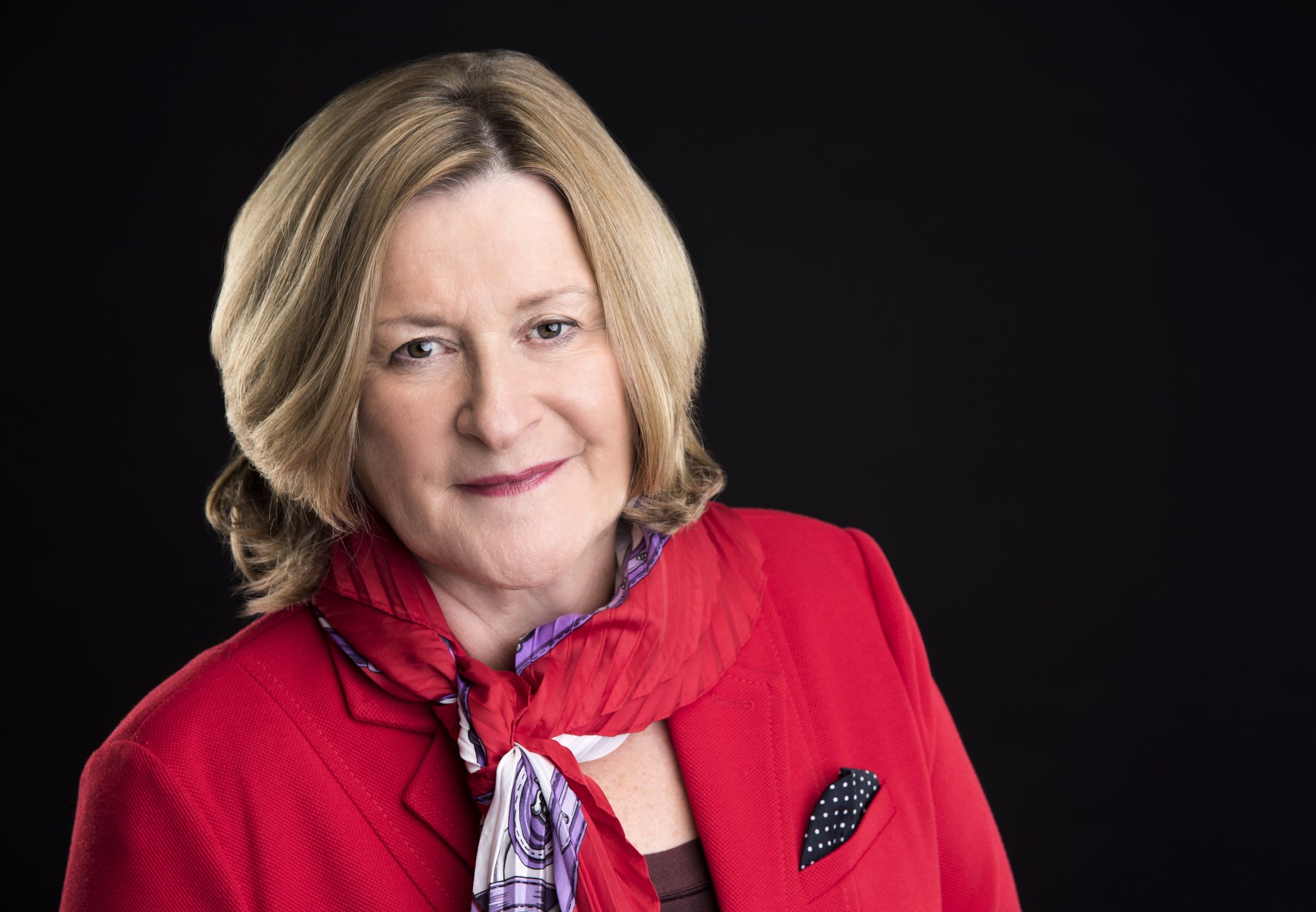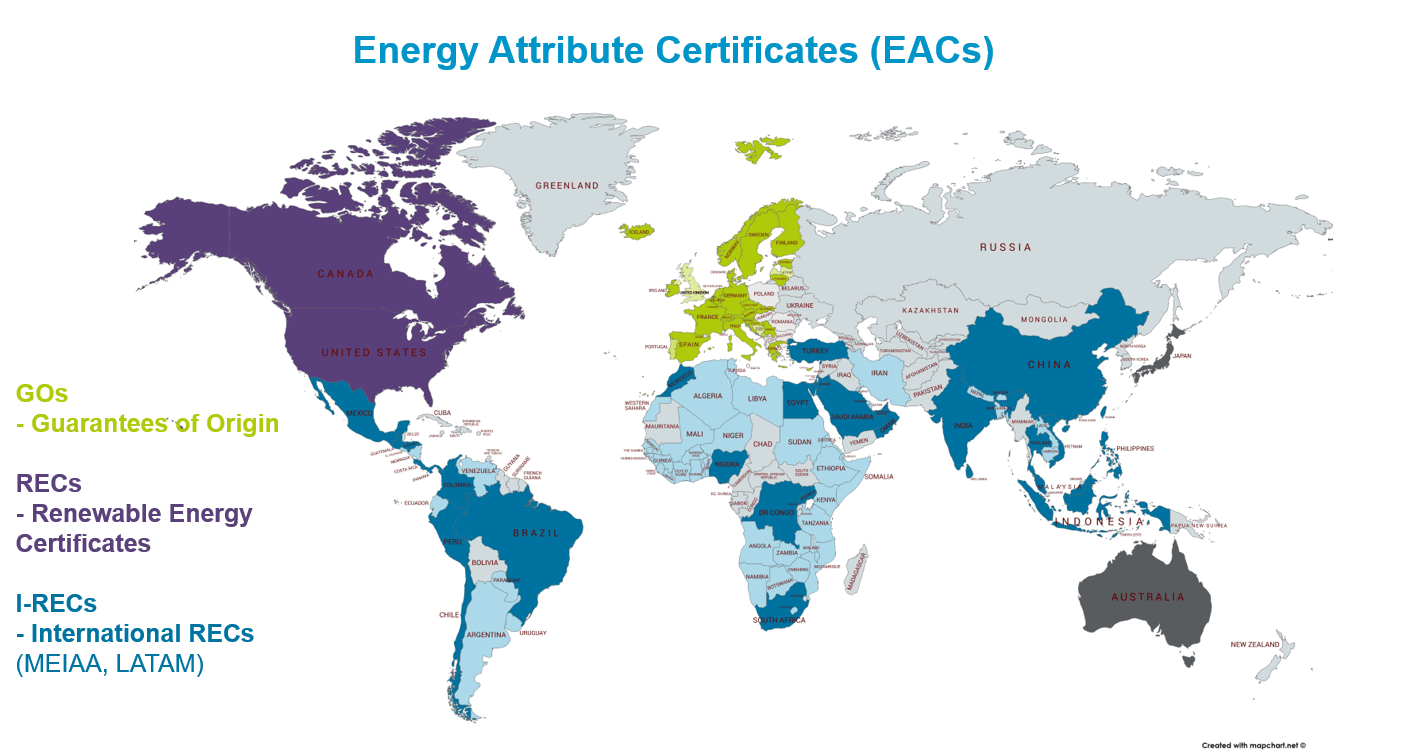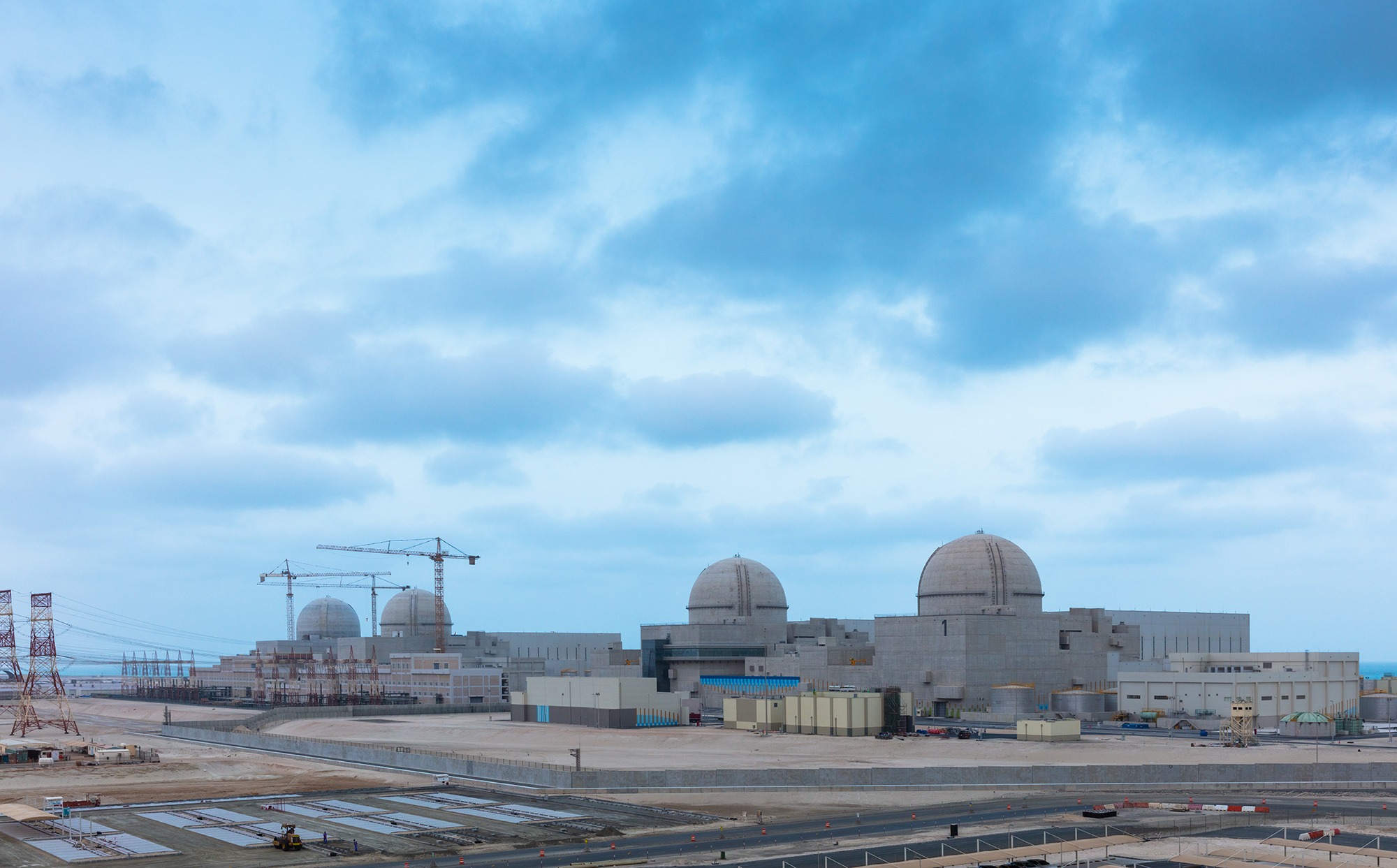ECI Collaborates With Masdar for UAE’s Renewable Energy
Renewable Energy

January 24, 2021, 6:09 am
Etihad Credit Insurance (ECI), the UAE’s Federal export credit company, has signed an agreement with Masdar, Abu Dhabi Future Energy Company, to work on initiatives aimed at supporting investment in renewable projects that will contribute to reducing carbon emissions.
Under this MoU, ECI and Masdar will explore establishing political and commercial risk insurance solutions to improve bankability and attract cheaper capital to Masdar’s renewables projects in the UAE and globally.
In a Memorandum of Understanding (MoU) signed by Massimo Falcioni, CEO of ECI, and Mohamed Jameel Al Ramahi, CEO of Masdar—the two institutions have agreed to explore building together cost-effective insurance and financial guarantees to support Masdar’s global development ambition of achieving clean and renewable energy infrastructure development.
The agreement is a result of the shared objective of ECI and Masdar to solidify the position of the UAE as a global leader in sustainability initiatives and renewable energy and accelerate the diversification of the national economy. It is also in line with the objectives of the UAE Energy Strategy 2050, which aims to increase the contribution of clean energy in the total energy mix from 25 per cent to 50 per cent by 2050 and reduce carbon footprint of power generation by 70 percent. The UAE signed the Paris Agreement in 2016, joining over 170 countries across the world.
Underscoring the importance of this collaboration in achieving a sustainable economy, Falcioni said: “ECI is immensely honoured to have undertaken this partnership with Masdar, as it will strengthen the position of the UAE as a global leader in addressing global warming. It is our common goal to help the UAE become a paradigm of sustainability, and rest assured we will strive to build a brighter, greener future together. Through this undertaking, ECI hopes to show support for the leaders’ vision of helping reduce the carbon emission.”
“While financing the energy transition will be a monumental undertaking, there is actually no shortage of capital to finance renewable energy projects in the majority of countries as clean energy solutions have a well-understood risk profile,” Al Ramahi said. “However, access to capital can be much harder for some developing nations, hence the need to provide more tailored solutions at the project development stage and make it easier for them to achieve their clean energy objectives. We look forward to working more closely with ECI on building the right tools to facilitate such projects, further enhancing the position of the UAE as a global leader in sustainability.”
Under this MoU, ECI and Masdar will explore establishing political and commercial risk insurance solutions to improve bankability and attract cheaper capital to Masdar’s renewables projects in the UAE and globally. ECI will also support Masdar in its global expansion through tailor-made credit insurance solutions in order to enhance its overall viability and competitiveness globally, as well as through extending its products and solutions to other companies registered at Masdar City.
The UAE Federal credit export company will also assist Masdar in terms of attracting funding partners to new geographies and reducing the cost of bank funding in order to allow them to request their preferred bank to discount the invoices—secured by ECI—at preferential rate.
In addition, the two establishments will hold workshops to introduce companies registered at Masdar City to trade and financial tools offered by ECI —educating these businesses about the importance of trade credit insurance. Both institutions share a common goal to make sure these companies stay informed and updated about the solutions that can further advance their growth.
The UAE launched the “Energy Strategy 2050” in January 2017, allocating over AED 600 billion to meet its goal of increasing the contribution of clean energy sources in the total capacity mix to 50 per cent (44 per cent renewable and 6 per cent nuclear) by 2050. The strategy aims to reduce carbon footprint of power generation by 70 per cent, thus saving AED 700 billion by 2050.










